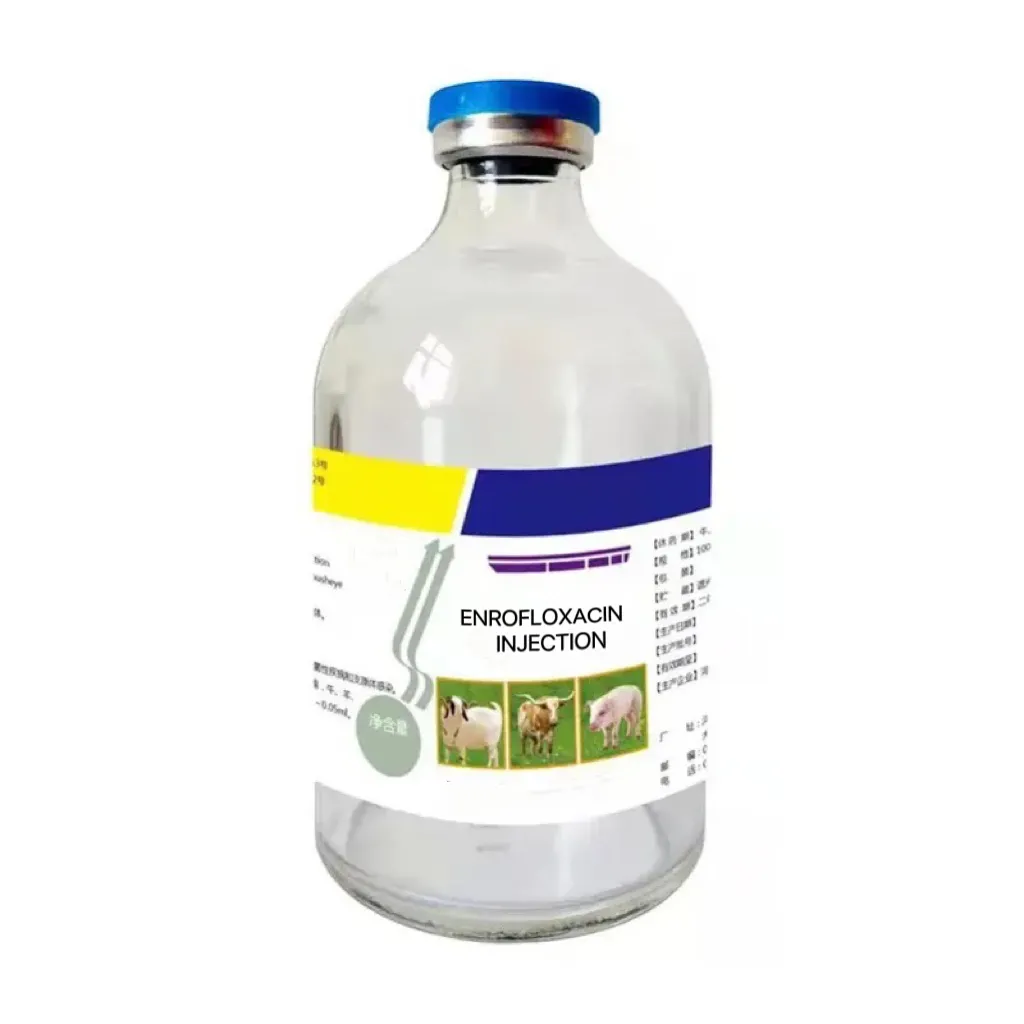- Afrikaans
- Albanian
- Amharic
- Arabic
- Armenian
- Azerbaijani
- Basque
- Belarusian
- Bengali
- Bosnian
- Bulgarian
- Catalan
- Cebuano
- Corsican
- Croatian
- Czech
- Danish
- Dutch
- English
- Esperanto
- Estonian
- Finnish
- French
- Frisian
- Galician
- Georgian
- German
- Greek
- Gujarati
- Haitian Creole
- hausa
- hawaiian
- Hebrew
- Hindi
- Miao
- Hungarian
- Icelandic
- igbo
- Indonesian
- irish
- Italian
- Japanese
- Javanese
- Kannada
- kazakh
- Khmer
- Rwandese
- Korean
- Kurdish
- Kyrgyz
- Lao
- Latin
- Latvian
- Lithuanian
- Luxembourgish
- Macedonian
- Malgashi
- Malay
- Malayalam
- Maltese
- Maori
- Marathi
- Mongolian
- Myanmar
- Nepali
- Norwegian
- Norwegian
- Occitan
- Pashto
- Persian
- Polish
- Portuguese
- Punjabi
- Romanian
- Russian
- Samoan
- Scottish Gaelic
- Serbian
- Sesotho
- Shona
- Sindhi
- Sinhala
- Slovak
- Slovenian
- Somali
- Spanish
- Sundanese
- Swahili
- Swedish
- Tagalog
- Tajik
- Tamil
- Tatar
- Telugu
- Thai
- Turkish
- Turkmen
- Ukrainian
- Urdu
- Uighur
- Uzbek
- Vietnamese
- Welsh
- Bantu
- Yiddish
- Yoruba
- Zulu
Dec . 25, 2024 18:04 Back to list
Niclosamide Bolus Administration for Effective Treatment in Antiparasitic Therapy
Exploring Niclosamide Bolus A Novel Approach in Antiparasitic Therapy
Niclosamide, a well-known anthelmintic agent, has garnered increasing attention in recent years due to its potential applications beyond its traditional use against tapeworms. While it has been used in clinical settings primarily for the treatment of intestinal cestode infections, recent research suggests that it may also hold promise in the management of other diseases, including certain types of cancer and viral infections. One intriguing formulation that has emerged is the niclosamide bolus, which may offer enhanced therapeutic effectiveness.
Understanding Niclosamide
Niclosamide was first introduced in the 1960s as an effective medication against tapeworms. Its mechanism of action involves the inhibition of glucose uptake in parasites, leading to their starvation and subsequent death. However, studies have revealed that niclosamide exhibits additional pharmacological properties, including anti-inflammatory, antiviral, and anticancer activities. This versatility creates a compelling case for its broader application in modern medicine.
The Bolus Formulation
A bolus is a dosage form that allows for the rapid delivery of medication directly into the body. The use of a niclosamide bolus aims to achieve higher bioavailability and more immediate therapeutic effects. Traditional oral forms of niclosamide are subject to significant first-pass metabolism in the liver, which can limit the drug's efficacy. A bolus formulation, in contrast, bypasses this metabolic pathway, thus ensuring that a greater proportion of the active ingredient reaches systemic circulation.
The development of a niclosamide bolus could revolutionize treatment protocols, particularly in acute or severe cases where rapid intervention is critical. The bolus may provide an immediate release of the drug, enhancing its action in cases of severe parasitic infections or potentially in acute viral or oncological scenarios.
Potential Applications in Antiparasitic Therapy
niclosamide bolus

The most immediate application of niclosamide bolus remains in the treatment of parasitic infections. With reports of increasing resistance to standard antiparasitic medications, novel therapies are urgently needed. The bolus format may enhance the efficacy of niclosamide in combating resistant strains of tapeworms or other parasites. Studies should explore the pharmacokinetics and pharmacodynamics of a bolus formulation to establish optimal dosing regimens and assess its safety profile.
Broader Implications Beyond Antiparasitic Uses
Beyond its antiparasitic properties, niclosamide has been studied for its potential anticancer effects. Research suggests that it may inhibit the growth of various cancer cell lines by targeting multiple signaling pathways involved in cellular proliferation and survival. The bolus formulation could facilitate higher concentration levels of niclosamide in tumor tissues, potentially improving therapeutic outcomes in cancer treatments. Furthermore, with recent findings indicating its effectiveness against viruses such as SARS-CoV-2, the development of a niclosamide bolus might open doors for its use in treating viral infections.
Challenges and Future Directions
Despite its promising potential, the transition from laboratory findings to clinical applications for niclosamide bolus is not without challenges. Comprehensive clinical trials are necessary to evaluate its safety, efficacy, and optimal dosing strategies. Furthermore, regulatory considerations regarding the approval of new formulations must be addressed.
To explore the full potential of niclosamide bolus, interdisciplinary collaboration between pharmacologists, clinical researchers, and healthcare providers is essential.
Conclusion
The niclosamide bolus represents a promising frontier in antiparasitic therapy and beyond. By improving bioavailability and therapeutic efficacy, it may address unmet needs in the treatment of resistant infections, cancer, and viral diseases. While more research is essential to validate these applications, the bolus formulation could significantly impact current treatment paradigms and ultimately improve patient outcomes. As the medical community continues to explore innovative drug delivery systems, niclosamide bolus stands at the crossroads of tradition and modern therapeutic innovation, holding great promise for the future.
-
Guide to Oxytetracycline Injection
NewsMar.27,2025
-
Guide to Colistin Sulphate
NewsMar.27,2025
-
Gentamicin Sulfate: Uses, Price, And Key Information
NewsMar.27,2025
-
Enrofloxacin Injection: Uses, Price, And Supplier Information
NewsMar.27,2025
-
Dexamethasone Sodium Phosphate Injection: Uses, Price, And Key Information
NewsMar.27,2025
-
Albendazole Tablet: Uses, Dosage, Cost, And Key Information
NewsMar.27,2025













